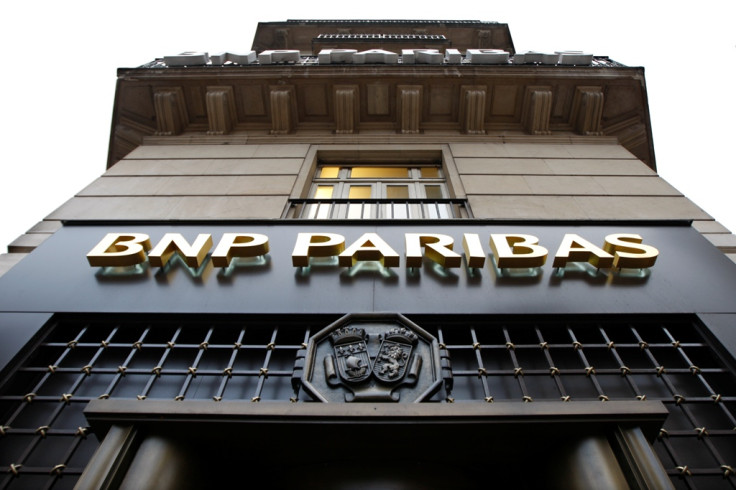BNP Paribas smart contracts favourite CommonAccord makes its case

CommonAccord, the open source project recently added to the BNP Paribas accelerator for its smart-contracts related capabilities, has been in existence for almost as long as Ian Grigg's Ricardian Contracts or Nick Szabo's original demarcation of the concept.
CommonAccord is an open, collective and international effort for the standardisation of legal documents. It plans to "open source" and automate the drafting of legal documents by creating a global template system like open source software.
The goal is to make the documents so modular that much of the text disappears, leaving parties with only specific deal points and clear relationships. These relationships can be "rendered" at any time into full legal documents, for verification and enforcement.
The texts can be improved, extended and forked by the community. As such, CommonAccord is expected to play the same role in facilitating and accelerating collaboration on legal texts as open source has played for code.
CommonAccord founder James Hazard explained that the journey towards digitalisation of legal documents has to some extent been impeded by the omniscience of a pretty-good solution Microsoft Word. He told IBTimes UK: "Word, is somehow weirdly, wildly complicated in its inner workings, which is why nobody has ever been able to write something that's totally compatible with it.
Erratic progress
"You have to ask, isn't it odd that the data model for a massive part of transacting is done in an application where there is only one app that can really handle the data model. If you go to LibreOffice or any of those things you run a risk of having an inconsistency, annoying someone, or worse."
Hazard, who has worked as a lawyer on both sides of the Atlantic and is a Linux enthusiast, began around 2000 to try to automate and pool legal text. Work on this progressed erratically from one iteration to the next, following something akin to a Wiki model, until a legal hackathon at MIT in 2014 led him to Primavera de Filippi at Harvard University's Berkman Centre. She immediately saw the connection between legal text and smart contracts.
"She saw that connection and she recoded the app, making it simpler, more robust, so that you just host it on GitHub," he said, "like open source software should be, rather than being on any of the frameworks that we had before, for instance MediaWiki. That has virtues but with Git you get the whole distributed collaboration platform.
"I have since been working with that recoded version developing approaches, naming schemes, thinking about problems of multiple languages, use cases, objects for managing identities."
Hazard takes a philosophical view of blockchains and smart contracts – they are, essentially, open source finally arriving at transacting. The key is a common record format. "In many contexts, blockchain over-solves the problem. The recent Corda work of R3cev is in the same direction. You can think of blockchain as the best solution for the worst case, where there isn't any other mechanism for trust. Where parties know one another, or know someone in common, law and reputation provide alternative mechanisms."
First of all you don't want your information replicated a gazillion times, even if it's encrypted. Ideally you have your information only on your device and on the devices of the other people who immediately need it, and the others have it only as long as needed.
A coup de coeur
"If you purchase something from somebody or you enter into an agreement with them, ideally there would only be two copies of that. You need some way of authenticating that, and the existing world of friends, merchants, banks and courts provide plenty of ways, and you could of course use a public blockchain as a notary.
"CommonAccord is an object model and single-instruction approach to programming text. It allows you to pages on any subject – but our focus is legal documents."
Regarding the inclusion of CommonAccord with the BNP Paribas L'Atélier programme in Paris, Hazard said: "They had a coup de coeur and decided to admit CommonAccord to their incubator programme even though we don't fit at all.
"The incubator programme is intended for startups - you put money in and you expect to get money out. CommonAccord isn't anything like that. You don't have to put much money in but it is fully open source and law is a public good. You will get out efficiencies, legal clarity, public interest, not money.
"I think the operational advantages and vision resonated for them."
© Copyright IBTimes 2024. All rights reserved.






